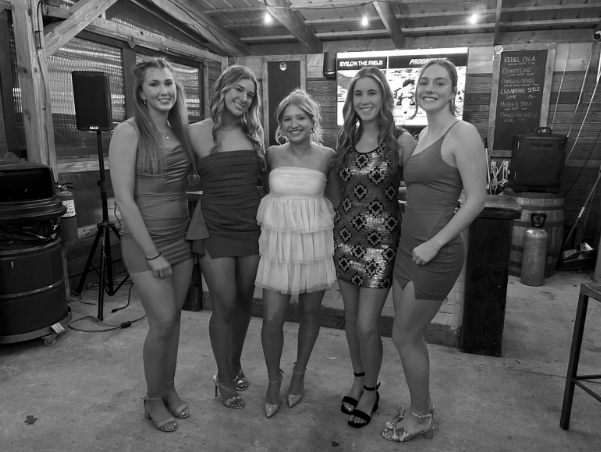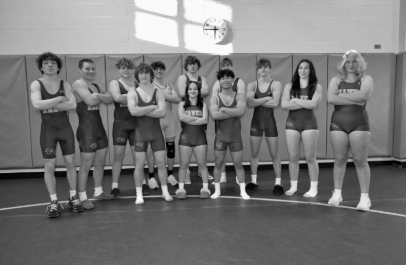The climb to become a coach; What it takes to be a good leader
North Harford’s soccer team proudly presents their trophy for winning the regional championship. Hawks went on to defeat Harford Tech, 4-0, in the Class 2A East Region I boys soccer title. Hawks went on to defeat Harford Tech, 4-0, in the Class 2A East Region I boys soccer title. Hawks went on to defeat Harford Tech, 4-0, in the Class 2A East Region I boys soccer title.Hawks went on to defeat Harford Tech, 4-0, in the Class 2A East Region I boys soccer title. Hawks went on to defeat Harford Tech, 4-0, in the Class 2A East Region I boys soccer title. Hawks were undefeated against Harford Tech, 4-0, in the Class 2A East Regional I boys soccer title.
October 21, 2020
When it comes to becoming a qualified coach for a sports team there are many steps that come with that process. Just knowing how the sport works and winning games is just part of what it takes to be a capable coach.
Mr. David Orth is an English teacher along with a coach for the boys soccer team. He said he began coaching when he “was about 12 years old.” He explained how “I got my start helping my neighbor coach his little kids who were on a U-6,” soccer team.
According to Orth, knowledge of the sport is not the only key to being a good coach. The experienced soccer coach says, “I think it is getting harder and harder to demonstrate the sport because now everyone is an expert and has a club coach or some other person giving them advice that’s sometimes contradictory.”
Being “able to rip a kid apart (not literally) for doing the wrong thing, yet also build them back up and make them feel confident and capable,” is another skill Orth finds important to be a coach.
Orth’s personal success story in soccer includes winning “a state cup” and making a “division one soccer team” which gave him the knowledge of the sport he needed to create his own teams.
He stated that “athletes that play together and work for each other is what makes a good team. […] You could have a star, and it would help, but it wouldn’t guarantee anything. The field’s just too big. Every player contributes from the starters to the last guy on the bench.”
Mr. Orth also revealed some tools that he uses to motivate his players to do better. He is “a big believer in the “leave it on the field” approach.” This means that you give the game everything you got. The team “might lose, but they better go down fighting.”
When it comes to the values of a coach, he is “adamant about kids who are coachable.” Orth “would rather have a team of kids that will listen to the coach and work hard than a bunch of players who may be more skillful but won’t listen.”
One of Orth’s biggest struggles as a coach is that “the team is always changing,” and “you just don’t have the time to fully develop and implement things before it’s time to start over and rebuild.” He also talked about the fact that North Harford has a smaller number of people going out for the sports teams.
This almost guarantees players a spot on the team and gives them the freedom to not give the sport their all when they know the coach cannot afford to put them on the bench. The soccer coach “firmly believe[s] that competition breeds success, and without that, it’s hard to stay motivated.”
Along with winning “a regional title for the first time in several years,” Mr. Orth said, “one of my favorite parts of coaching though is just getting to know kids outside of the classroom and watching them grow and mature as people.”
Mr. Orth also explained how, “I started [with] completing my coaching badges or certifications and have continued to read books, take classes, study and so forth.” It was also mentioned that “there were some classes we had to take that deal with concussions, heat illness, those sorts of things. I have a background check and have been fingerprinted.”
Mrs. Tara Beugel, the girls’ junior varsity softball coach, says that the key to being a good coach is being available for her players and letting them know she cares and believes in them.
Some ways Beugel says she tries to motivate her players is by “encouraging the players as much as I can.” She also gives them a reason to laugh and bond with their teammates.
A value the softball coach has is trying to “encourage the players as much as I can.” She also gives them a reason to laugh and bond with their teammates.
When asked what her favorite experience as a coach was, Beugel explained how “I love laughing with the players and having fun little inside jokes.” She also enjoyed an “impressive motivational speech that rallied our team back together,” when their spirits were down and “team bonding.”
When becoming a coach there are also rules and regulations set out by Maryland to become the instructor of high-school athletes. For Beugel, to become a coach she was required to “take a mandated course through the county […] that met for several weeks. It even had a make-up class on Valentine’s Day!”

















